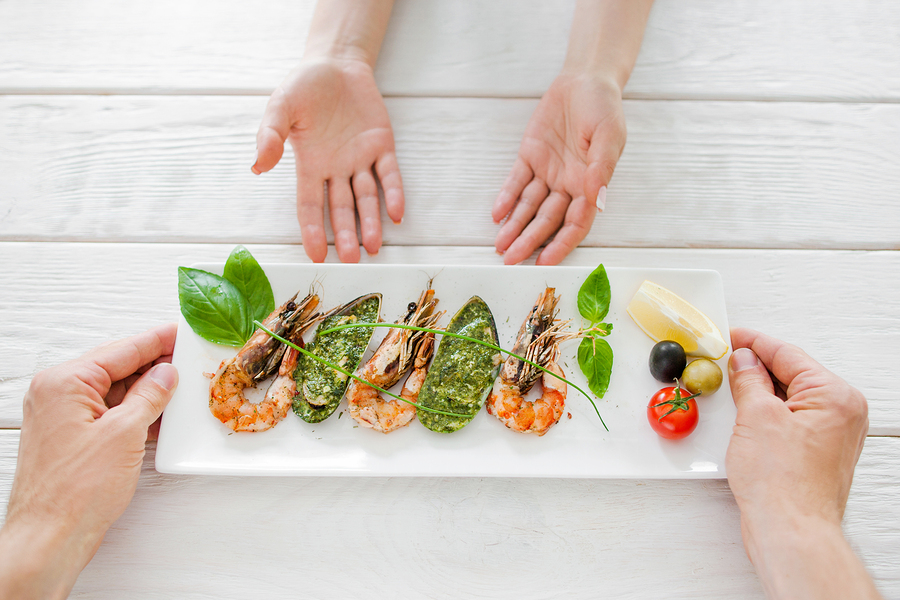Don't Miss
- Make It Yourself Lavender Heart-Shaped Bath Bombs!
- 20 Things You Never Knew About “Down There”
- 12 Best Foods For Those Suffering From Arthritis Pain
- 12 Personal Hygiene Mistakes Almost Everyone Makes (Mom Never Told You About #4!)
- 15 Medicinal Plants And Herbs From The Cherokee People
- 12 Mind-Blowing Benefits Of Drinking Coconut Water During Pregnancy
- 12 Outstanding Winter Foods That Won’t Fatten You Up Like A Christmas Turkey
Free Subscription To the Freshest Health News And Tips
Hide this
What Sets The Mediterranean Diet Apart From The Rest?

Photo credit: bigstock.com
Dos and Don’ts of the Mediterranean Diet?
What you CAN eat on the Mediterranean Diet
- Seafood – at least twice a week or more: salmon, tuna, mackerel, trout, and herring. Stay away from fried fish and enjoy your seafood grilled instead.
- Chicken and turkey are allowed.
- Beans, lentils, and other legumes. Two to four cups per week are suggested to ensure the health of your heart.
- Bread and pasta that are made of whole grains are allowed. You can have whole grain pasta twice a week.
- Fresh fruit is encouraged – from 3 to 4 pieces each day. Many people use a piece of fruit as their dessert.
- Plan on focusing on vegetables that are in season. Salads are always a great choice dressed with olive oil and vinegar.
- Some dairy products are on the menu including low-fat milk, yogurt, and cheese.
- You can have fats but instead of butter or margarine reach for olive oil instead. It is a healthier choice and along with high fiber foods helps you to stay full.
- Nuts can be used in cooking or make a great snack. Walnuts are great for your heart and almonds are an excellent source of protein.
- Water, coffee, and tea are the beverages of choice. One or two glasses of red wine can be enjoyed each day.
What is NOT allowed on the Mediterranean Diet
- Red meat. You can have lean red meat on occasion but the focus is on fish and poultry.
- Processed or junk foods are not allowed at all.
- Sugar is not allowed and is replaced by more natural alternatives such as honey.
- Season your food as you cook and do not add extra salt at the table.
- Ice cream, cookies, cakes, pies, or any other sweet treats.
- Butter or other forms of saturated fat.
Continue to Page 4
































